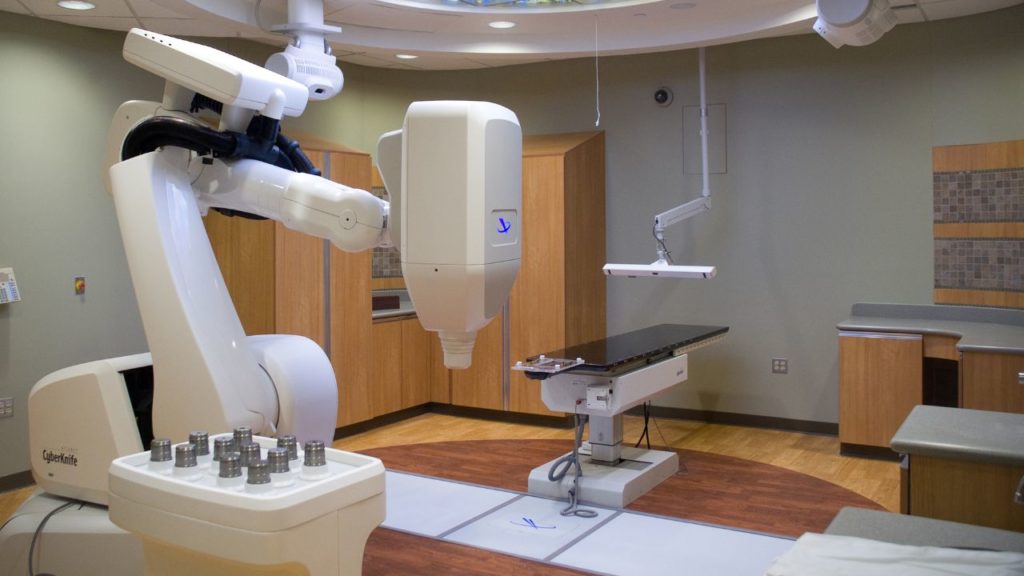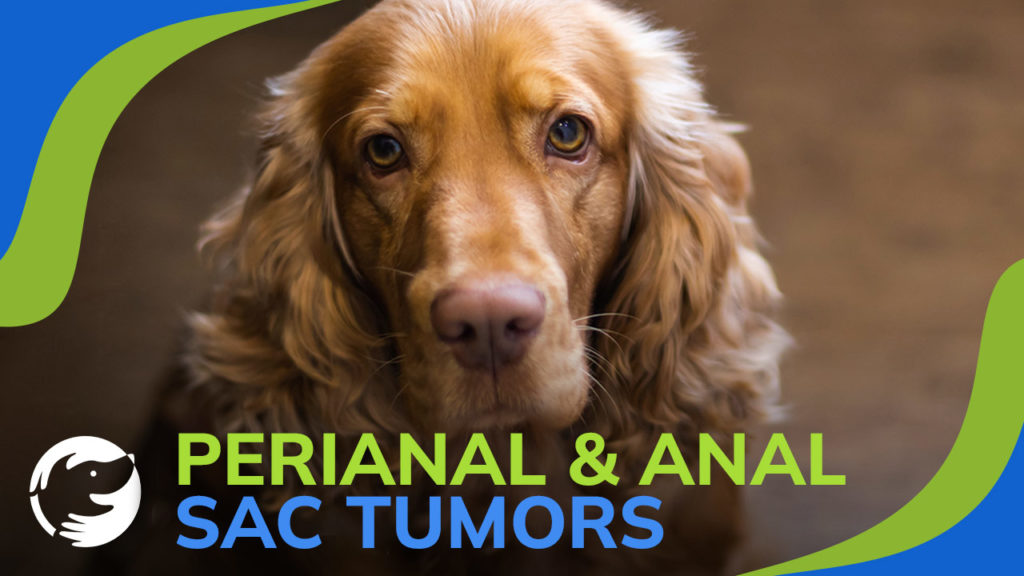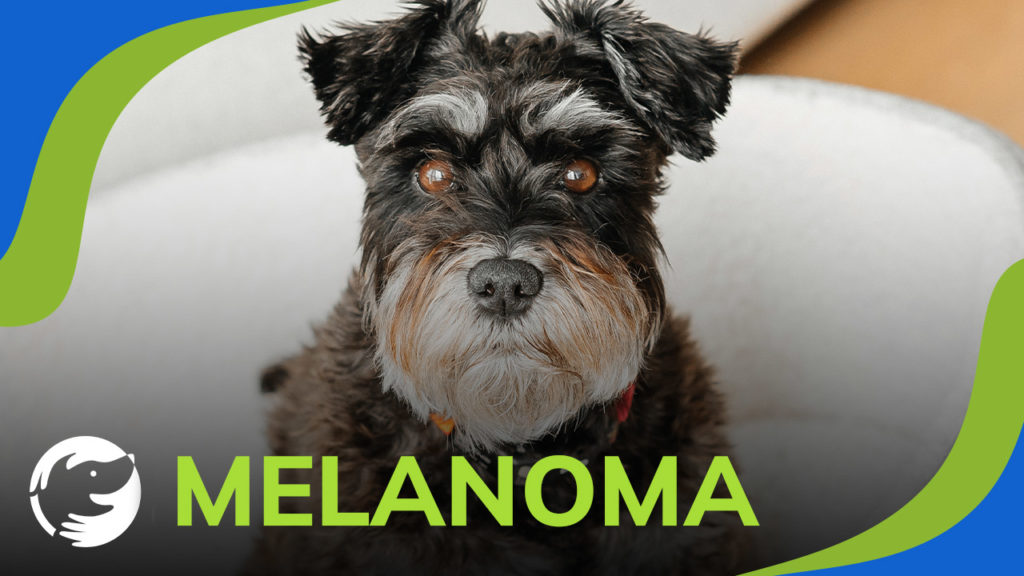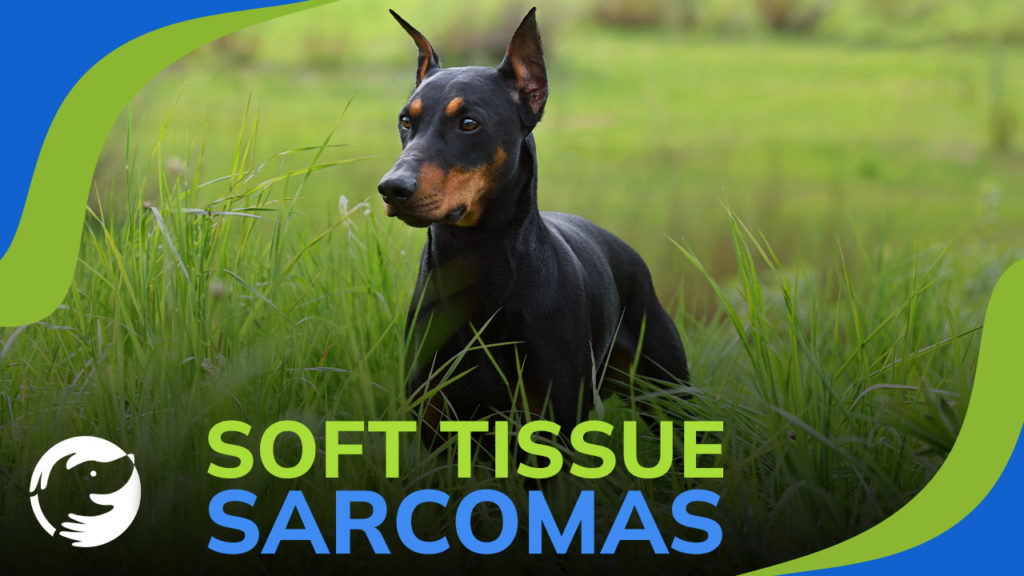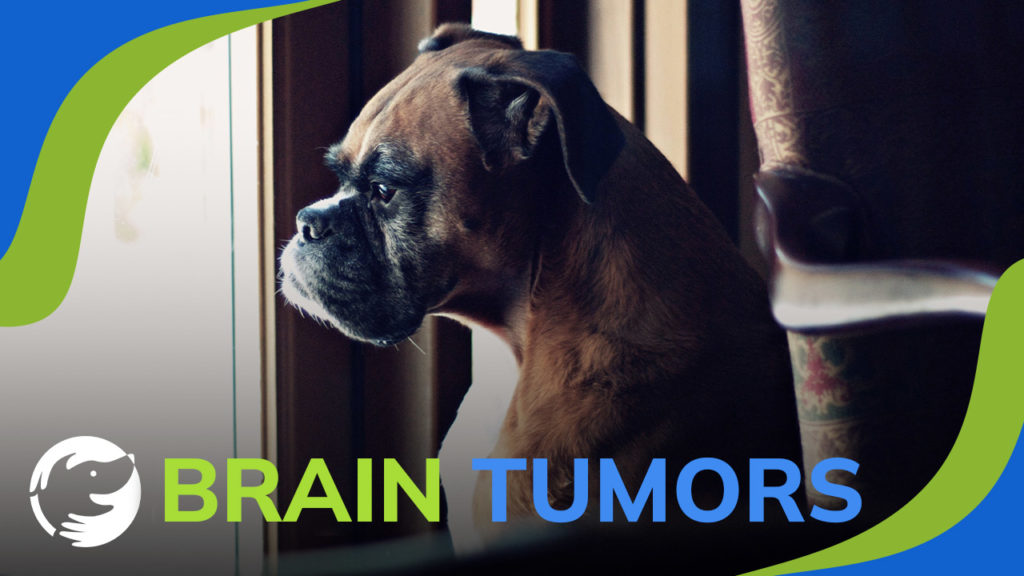
Brain Tumors
Understand the importance of nutritional attention, immune support, and pain management in treating brain tumors in dogs.
James Jacobson: One of the types of cancers that you talk about in The Dog Cancer Survival Guide are brain tumors. Dr. Dressler I start with you first, if you have a dog who has a brain tumor, what are the likely signs and symptoms that you’re looking at?
Dr. Demian Dressler: Brain tumors most commonly will happen in elderly dogs not everytime. In my experience in the most common signs of brain tumor would be seizure disorders and seizure we all know what a seizure looks like but a rapid muscle contractions and many times if it’s bad enough, those can involve all of the muscles in the body in a grand mal seizure. Now there can be more subtle signs of a brain tumor though and none all of these can be picked up at home for example something called anisocoria which are pupils that are not dilated, not as big on one side, one eye compared to the other eye sometime there’s a little drooping of the face kind of a palsy they called that. Other times we can have odd behavior at home things like head pressing which should be pushing of your dog’s head into the corner of the room or walking in circles and sometimes even a behavioural changes where we’ve got a more vocal measles all of a sudden a big change in anxiety, increase in anxiety or this types of things. There are a lot of different neurologic signs that can all point to the brain.
James Jacobson: Dr. Ettinger, what are your thoughts on brain tumors?
Dr. Susan Ettinger: Yeah, these can be hard to find the earlier I think because it’s really hard to pick up on several neurologic changes in our pets just as Dr. Dressler was talking about. We know from people sometimes they have headaches, sometimes they have headaches in the morning that were often. Those are things that we might not pick up in our pets ‘cause they don’t tell us that their head hurts they’re pretty tolerant you know, four legged creatures, so they can be hard to pick up early. Typically the best way to figure out where it is once your pet, there’s a suspicion that there’s a brain tumor is usually there’s gonna be some sort of advance imaging on the head, the best one in my opinion is an MRI, CT Scans may also be done depending on your location but that’s gonna give us an idea of where in the brain the tumor is, and what treatment options are, some are gonna be surgical and some radiations gonna be the main form of treatment and at our hospital we’re very lucky to have us unique type of radiation called the “cyberknife” which is a type of radio surgery where they don’t need surgery but the radiation does the job of surgery in one to three treatments. So, and in some patients chemotherapy can be used as well if surgery and radiation are not an option. So, there’s a lot of different options out there, once the diagnosis is made…
James Jacobson: And if you are looking at the cyberknife as an option there’s a whole video in this series specifically on that unique procedure. Dr. Dressler, what are your thoughts about treating brain tumors?
Dr. Demian Dressler: Brain tumors are tough even perhaps more so than other cancer, they don’t rear their head, so to speak until they’re more fairly advanced. With these, this is one of the few cancers where in human letter through we actually has some benefit to the use of homeopathy. There’s a paper published which you can read about the Dog cancer blog and sometimes homeopathic management can have some benefit at least with gliomas. Nutritional you know, attention is very important we need to always try to give a healthy diet, and it’s a diet that’s different it’s specifically for dogs that have cancer and the other types of supplemental support that we talk about immune supports as well as maintaining as much as possible overall life quality and focusing on pain and making sure that our love pets aren’t experiencing any pain all these are important features of full spectrum care.
James Jacobson: There’s a lot more information on brain tumors and what you can do if your dog has a brain tumor in The Dog Cancer Survival Guide. I wanna thank both of you for joining us today, Dr. Ettinger in New York, Dressler in Hawaii, thank you.
Dr. Susan Ettinger: Thank you
Dr. Demian Dressler: Thank you
Topics
Did You Find This Helpful? Share It with Your Pack!
Use the buttons to share what you learned on social media, download a PDF, print this out, or email it to your veterinarian.
Editor's Picks
CATEGORY
